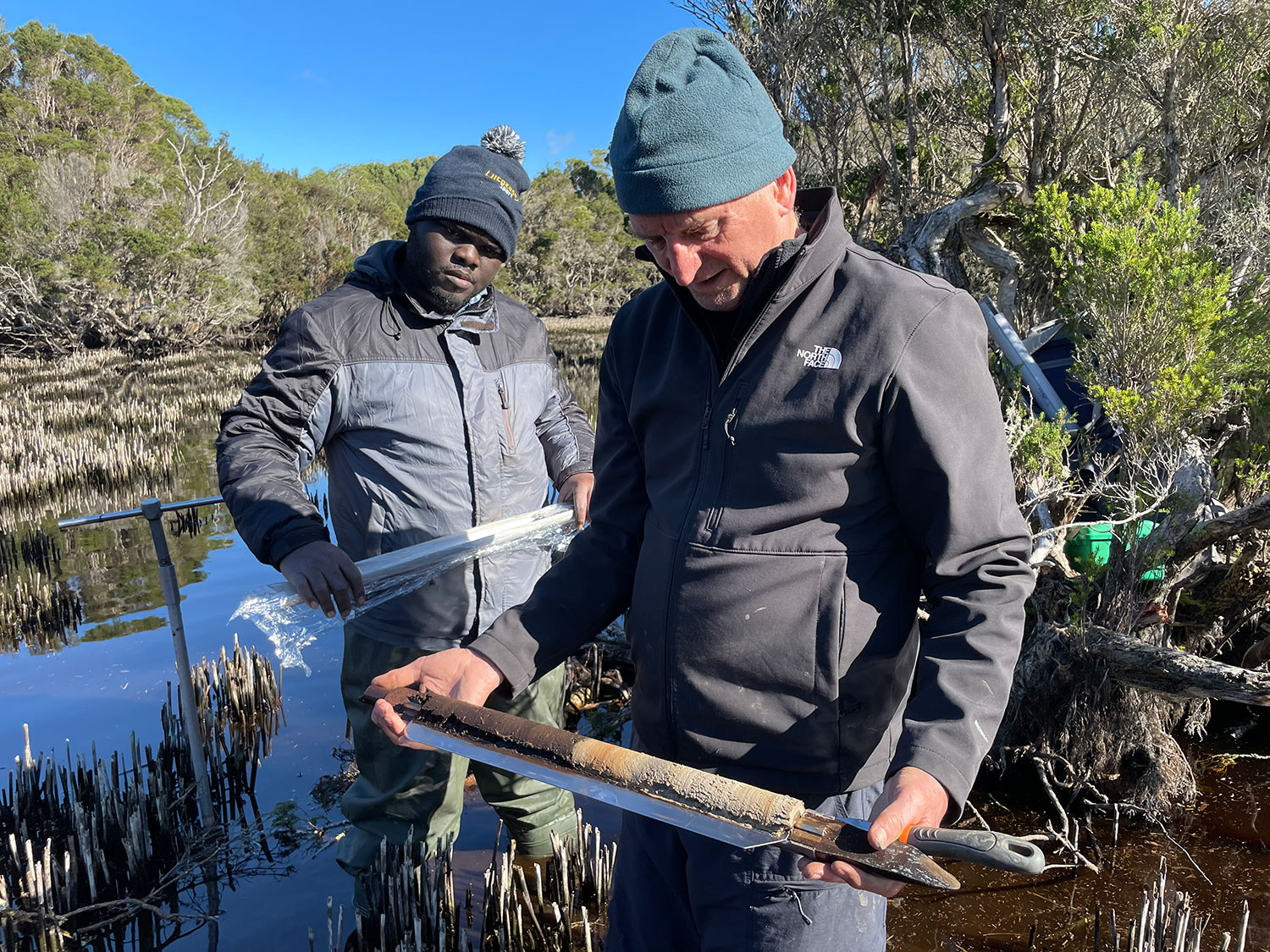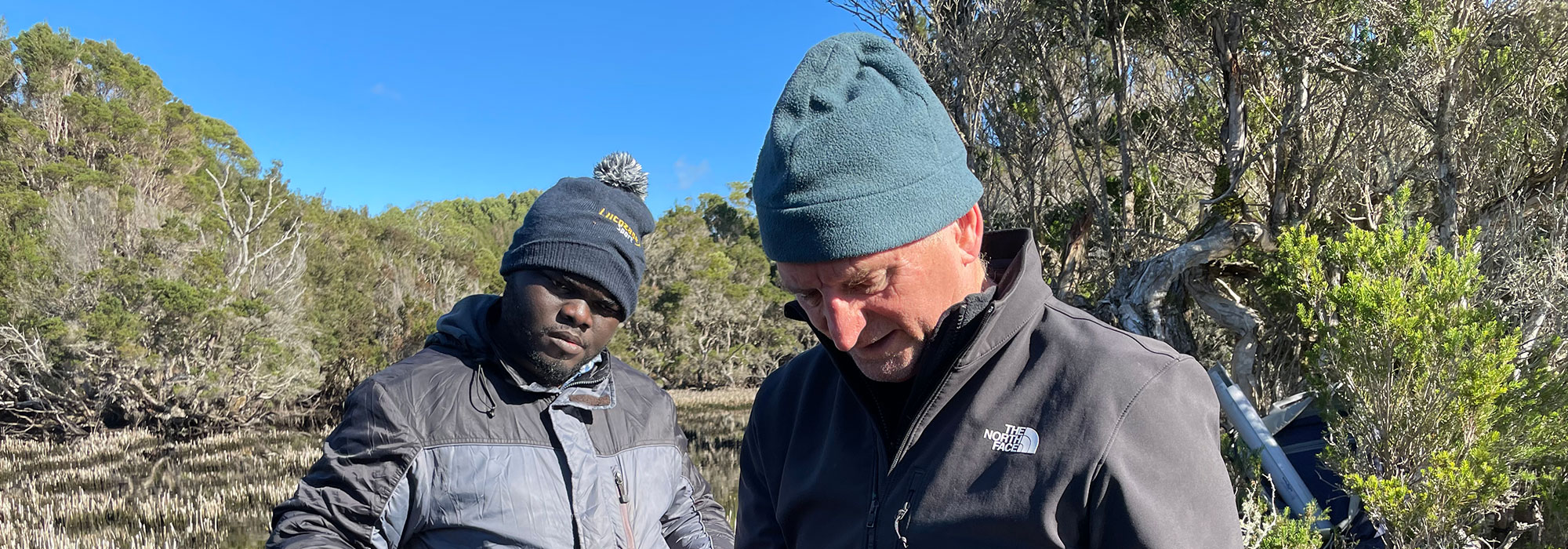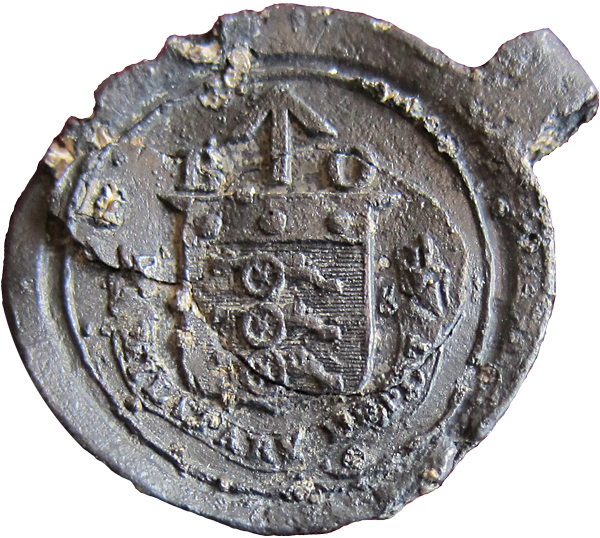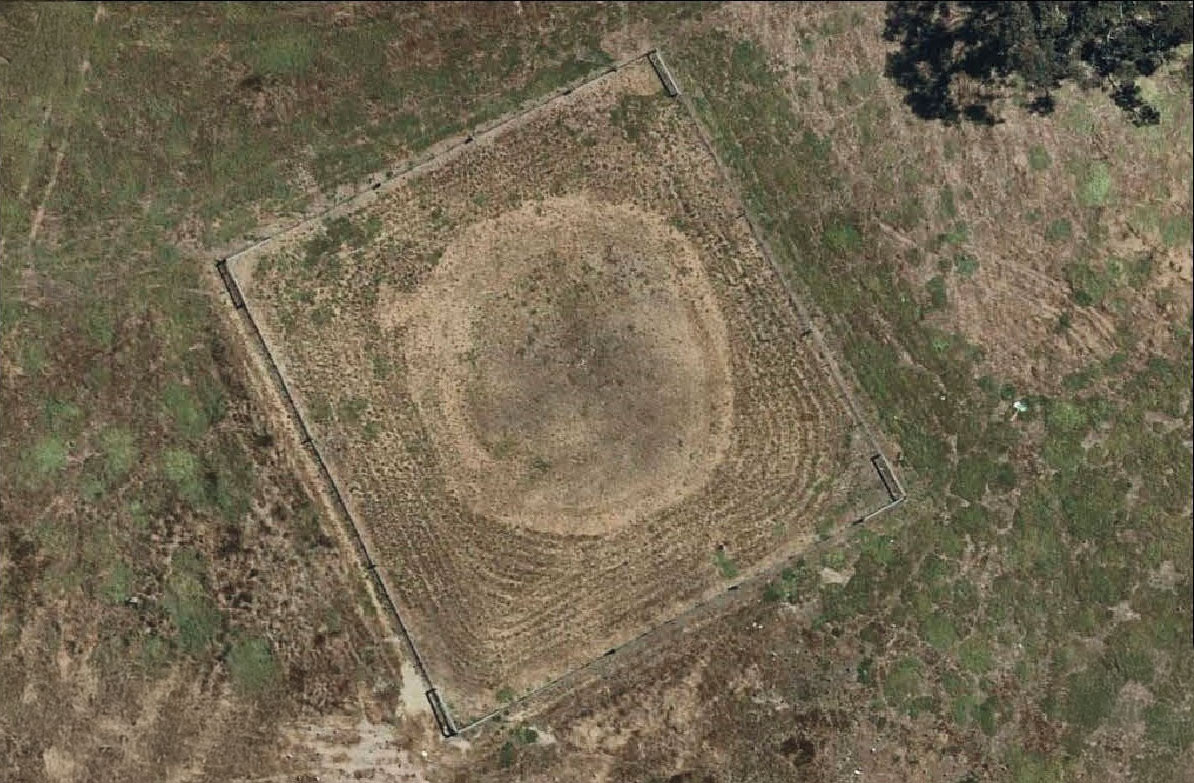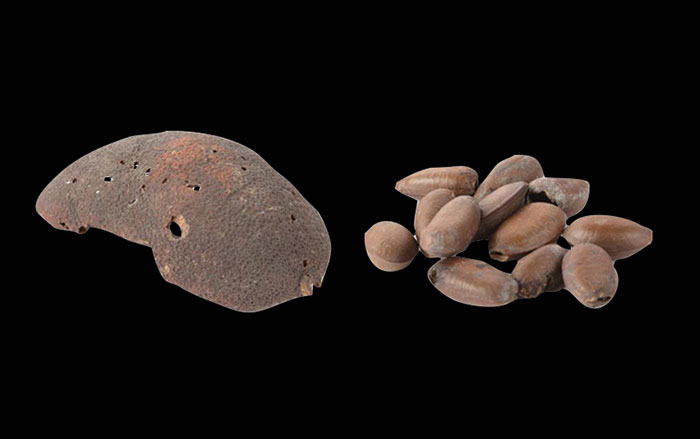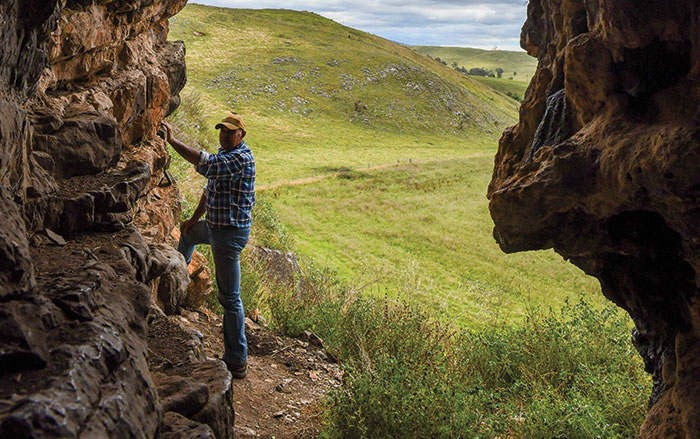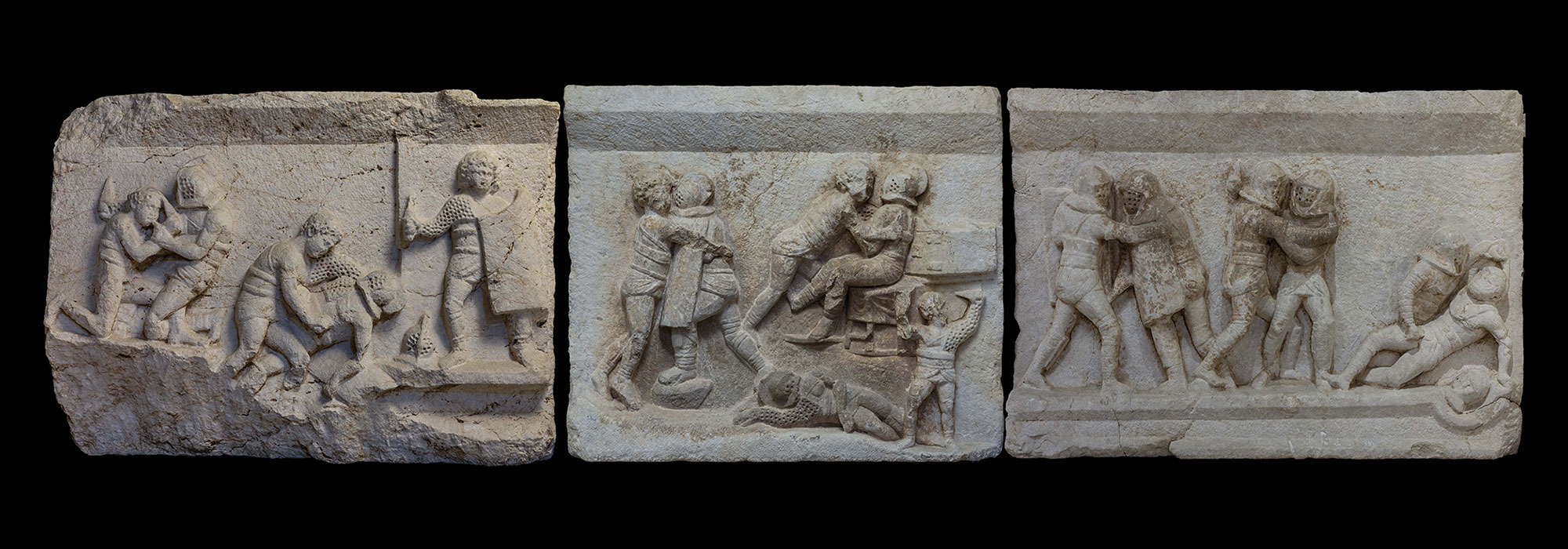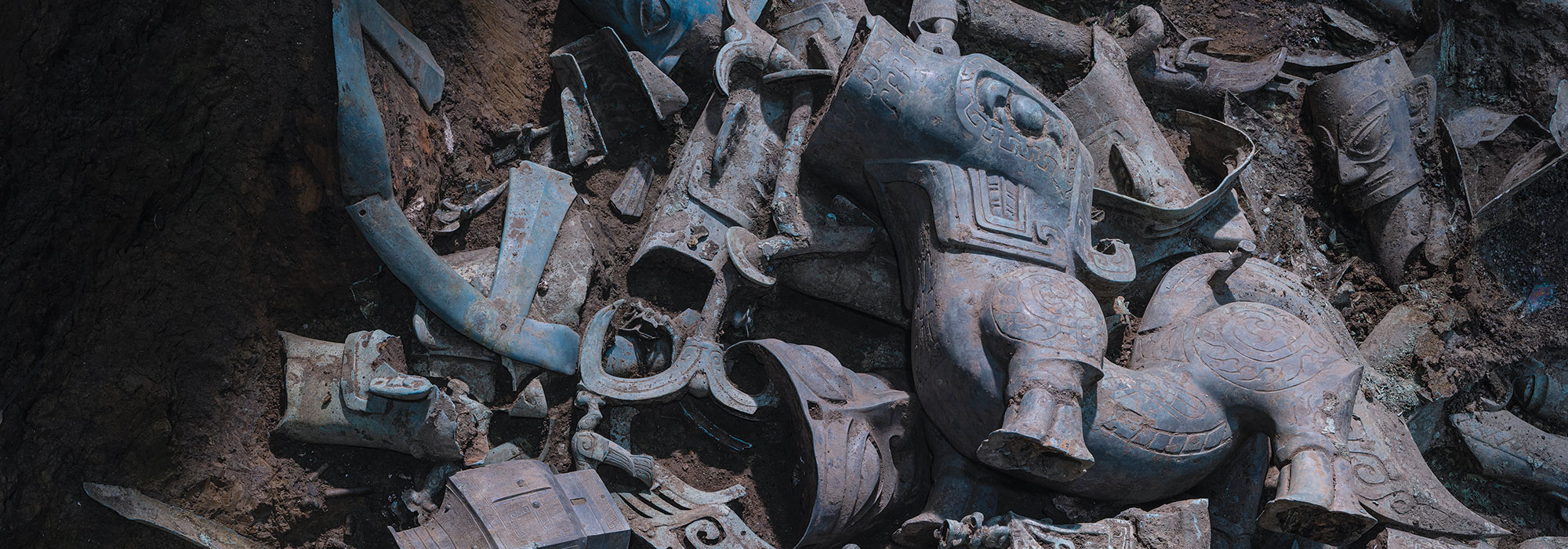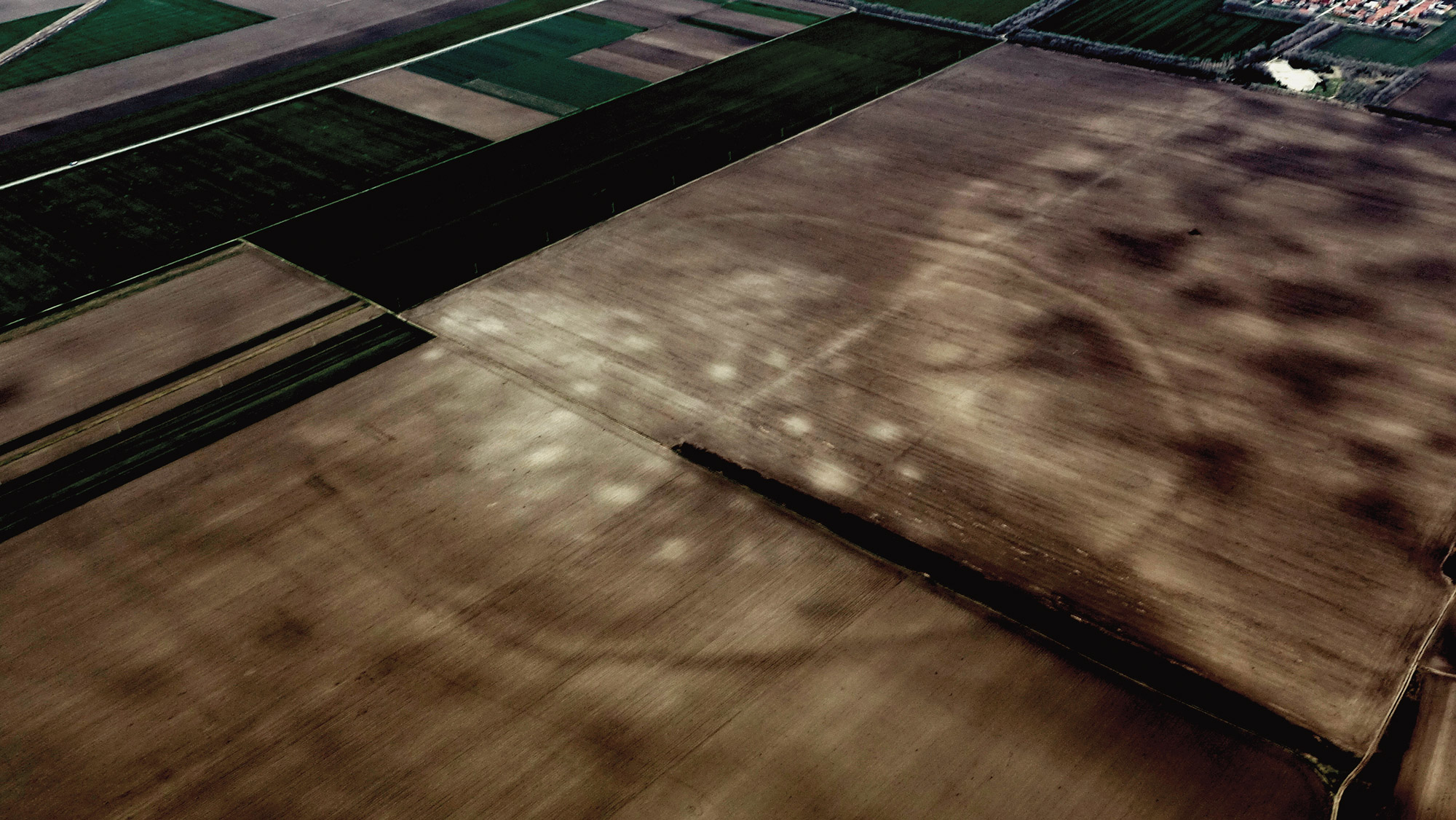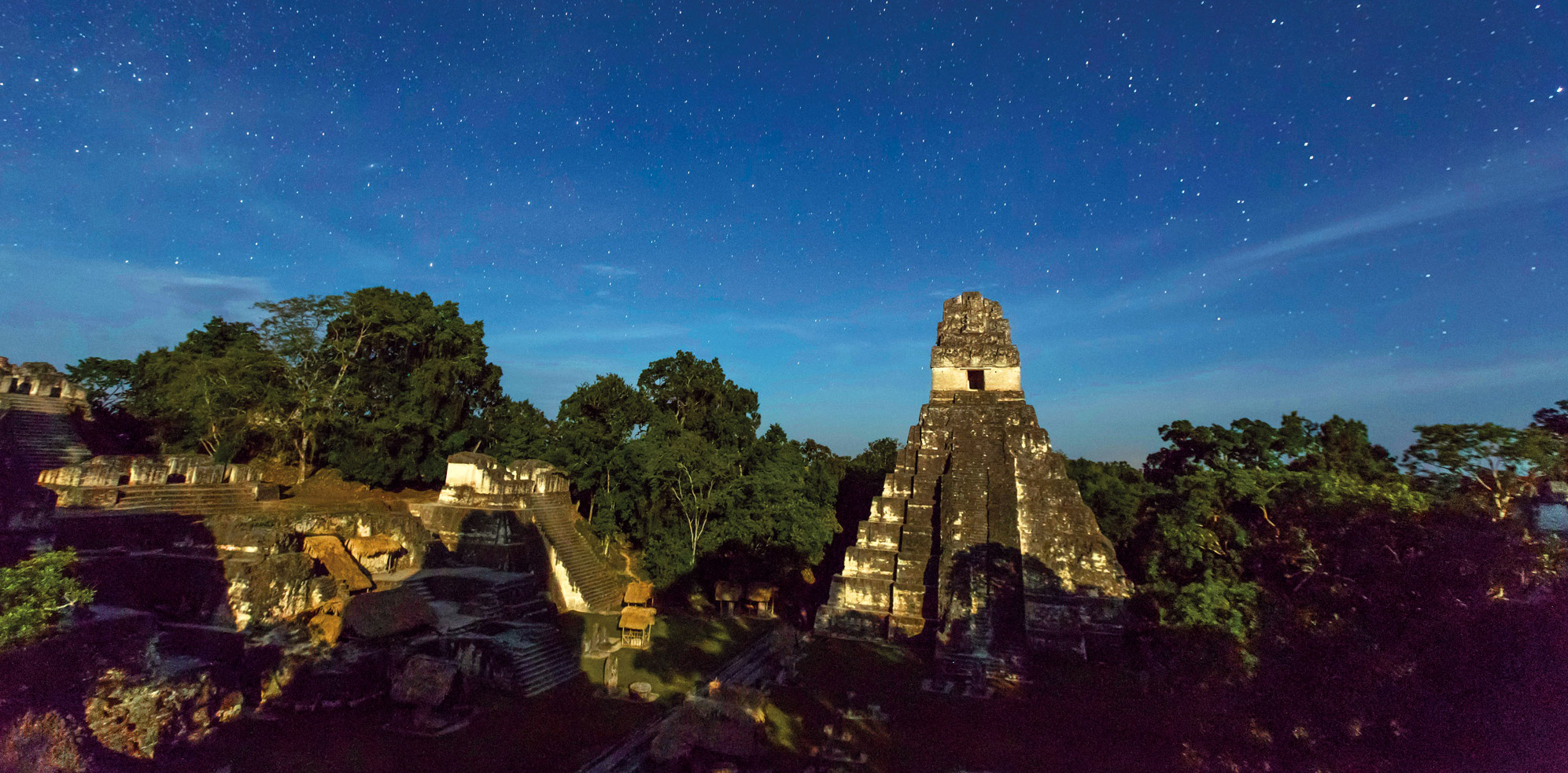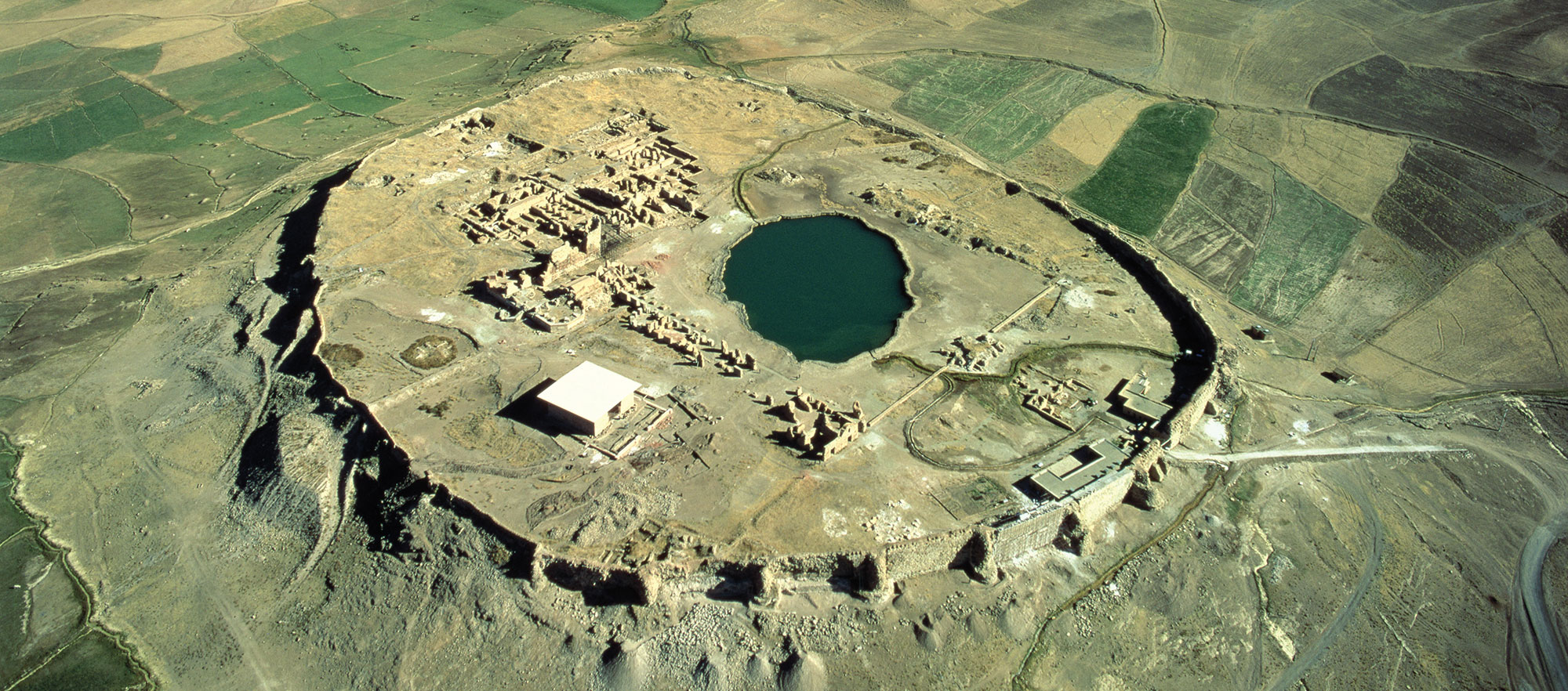CANBERRA, AUSTRALIA—Researchers have identified evidence of human activity in Tasmania 41,600 years ago, according to a report in Cosmos Magazine. This finding pushes back the earliest known date for the presence of people in Tasmania by 2,000 years and suggests that the Palawa/Pakana people who settled the area were the southernmost people in the world at the time. Guided by Palawa/Pakana rangers, researchers collected two mud cores—one 10 feet deep and the other 13 feet deep—from sites on Three Hummock Island and Clarke Island. Both islands are located in the Bass Strait, the waterway between Tasmania and the Australian mainland, and, until 12,000 years ago, were part of a land bridge connecting the two. The contents of the cores allowed researchers to look back at the history of vegetation and fire in the region over the past 50,000 years. They found a notable increase in the amount of charcoal in the cores 41,600 years ago, followed by a change in the pollen mix, indicating a change in the vegetation. “This suggests these early inhabitants were clearing forests by burning them, in order to create open spaces for subsistence and perhaps cultural activities,” says geographer Matthew Adeleye of the University of Cambridge. Read the original scholarly article about this research in Science Advances. To read about research on lead pollution involving sediment cores, go to “The Environmental Cost of Empire.”
